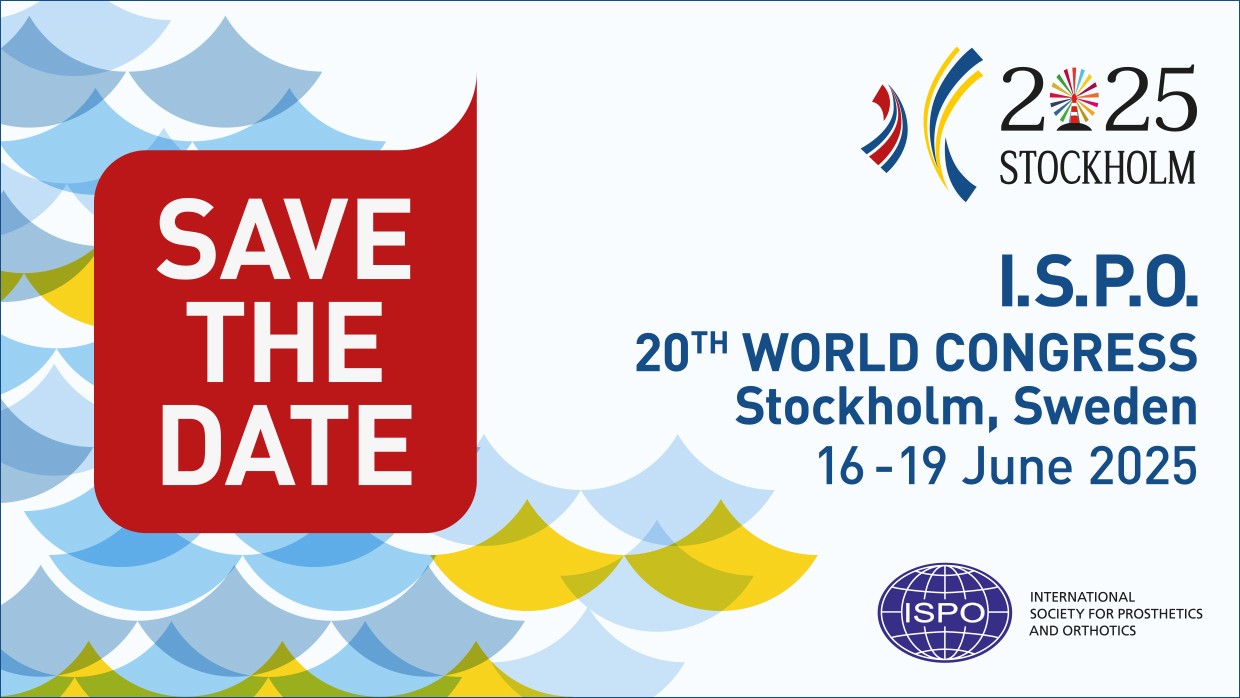
2.09 Sustainable design of lower limb prosthetic components for low-resourced regions
- 25/04/2023 | 1:15 PM - 2:30 PM
-
Tlaquepaque, Second floor
- 0 Days
- 0 Hours
- 0 Minutes
- 0 Seconds
Description
Abstract
This symposium will address the availability of high-quality lower limb prosthetic components in low-resourced regions. Prosthetic device design processes can be described in four phases: i. Needs analysis; ii. Scientific research; iii. Product development and testing; and iv. Manufacturing and distribution. Best practices in these phases must be undertaken for products intended for all prosthesis users. However, there are significant challenges to providing sustainable devices for low-resourced regions. Case studies of knee and foot component design will be discussed by scientists, manufacturers, clinicians and NGOs. Three presentations will be followed by a panel discussion with questions from the audience.
1. NGO Experiences. This presentation will focus on the needs for lower limb devices in low-resourced regions and the strategies employed by international NGOs over the past 30 years to address these issues.
2. Prosthetic Knee and Foot Design Research. This presentation will describe design principles and research studies undertaken to develop two unique devices and challenges faced in making them available for low-resourced regions. The All-Terrain (AT) Knee is a 4-bar prosthetic knee joint that fulfills the security needs of low mobility users while still meeting the demands of active amputees. The Niagara Foot is a durable component that can be individually adapted to control the mechanical response for a broad range of users.
3. Applications and Challenges. Clinical experiences with knee and foot devices available in low-resourced regions will be described. Issues of affordability, durability, system compatibility and long-term sustainability will be discussed, and challenges identified for future work.
Statement of the objective / learning objectives
Participants will gain knowledge of sustainable design practices for lower limb components used in low-resourced regions. An interdisciplinary paradigm will be used that includes viewpoints from science, engineering, clinical, societal, manufacturing, NGO, and business perspectives.


